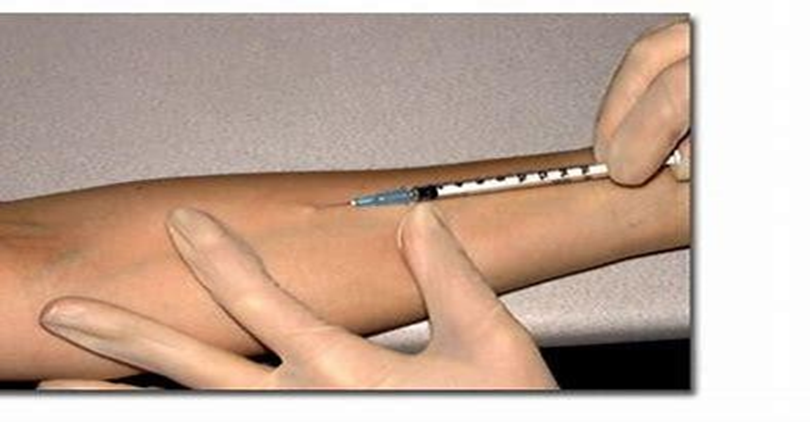A nurse is preparing to administer 0800 medications to a client. The medication administration record (MAR) states "phenobarbital" and the medication the pharmacy supplied is pentobarbital. Which of the following actions should the nurse take?
Check the prescription in the client's medical record.
Ask the client if she has any allergies.
Ask the client what medication she took yesterday
Check the client's MAR to see what the client received the day before.
The Correct Answer is A
A. Checking the prescription in the client's medical record can help confirm the correct medication and dosage prescribed by the healthcare provider. It allows the nurse to verify the intended medication and compare it with what was supplied by the pharmacy.
B. While asking the client about allergies is important for medication safety, it may not directly address the discrepancy between the listed medication (phenobarbital) and the supplied medication (pentobarbital). Allergies are relevant to ensuring the safety of the medication administration, but they may not provide immediate clarification of the discrepancy.
C. This action may provide some context about the client's medication history, but it does not directly address the discrepancy between the listed medication and the supplied medication. The focus should be on confirming the correct medication for administration according to the client's current prescription.
D. This action may provide information about the client's previous medication administration history, but it does not directly address the discrepancy between the listed medication and the supplied medication. The nurse's primary concern should be to verify the correct medication to be administered at the current time.
Nursing Test Bank
Naxlex Comprehensive Predictor Exams
Related Questions
Correct Answer is A
Explanation
A. When administering a TST, the nurse should select an injection site that is free of scar tissue and areas with excessive hair, veins, or visible lesions. The preferred site for TST administration is the volar aspect of the forearm, approximately 2-4 inches below the elbow.
B. After administering the TST, the nurse should not massage or manipulate the injection site. Massaging the site can cause irritation or spread the solution, leading to inaccurate results.
C. he TST is administered intradermally, typically with a 27-gauge needle. The needle should be inserted with the bevel facing upward at a 5-15-degree angle.
D. The standard dose of tuberculin solution (e.g., purified protein derivative, PPD) for a TST is 0.1 mL containing 5 tuberculin units (TU).

Correct Answer is A
Explanation
A. Nystatin oral suspension is typically swished around the mouth before swallowing to ensure adequate coverage of affected areas, such as the oral mucosa. This helps to maximize the medication's contact with fungal infections in the mouth.
B. This instruction is not necessary for nystatin oral suspension. Nystatin oral suspension can be taken with or without food, as directed by the healthcare provider. Therefore, there is no specific requirement to take it with meals.
C. This instruction is not necessary for nystatin oral suspension. Using a straw is not typically recommended for taking oral medications unless specifically instructed by a healthcare provider. Therefore, this instruction is not relevant to the administration of nystatin oral suspension.
D. This instruction is not necessary for nystatin oral suspension. While drinking water after taking medication is generally a good practice to ensure proper swallowing and hydration, it is not specifically required for nystatin oral suspension.
Whether you are a student looking to ace your exams or a practicing nurse seeking to enhance your expertise , our nursing education contents will empower you with the confidence and competence to make a difference in the lives of patients and become a respected leader in the healthcare field.
Visit Naxlex, invest in your future and unlock endless possibilities with our unparalleled nursing education contents today
Report Wrong Answer on the Current Question
Do you disagree with the answer? If yes, what is your expected answer? Explain.
Kindly be descriptive with the issue you are facing.
